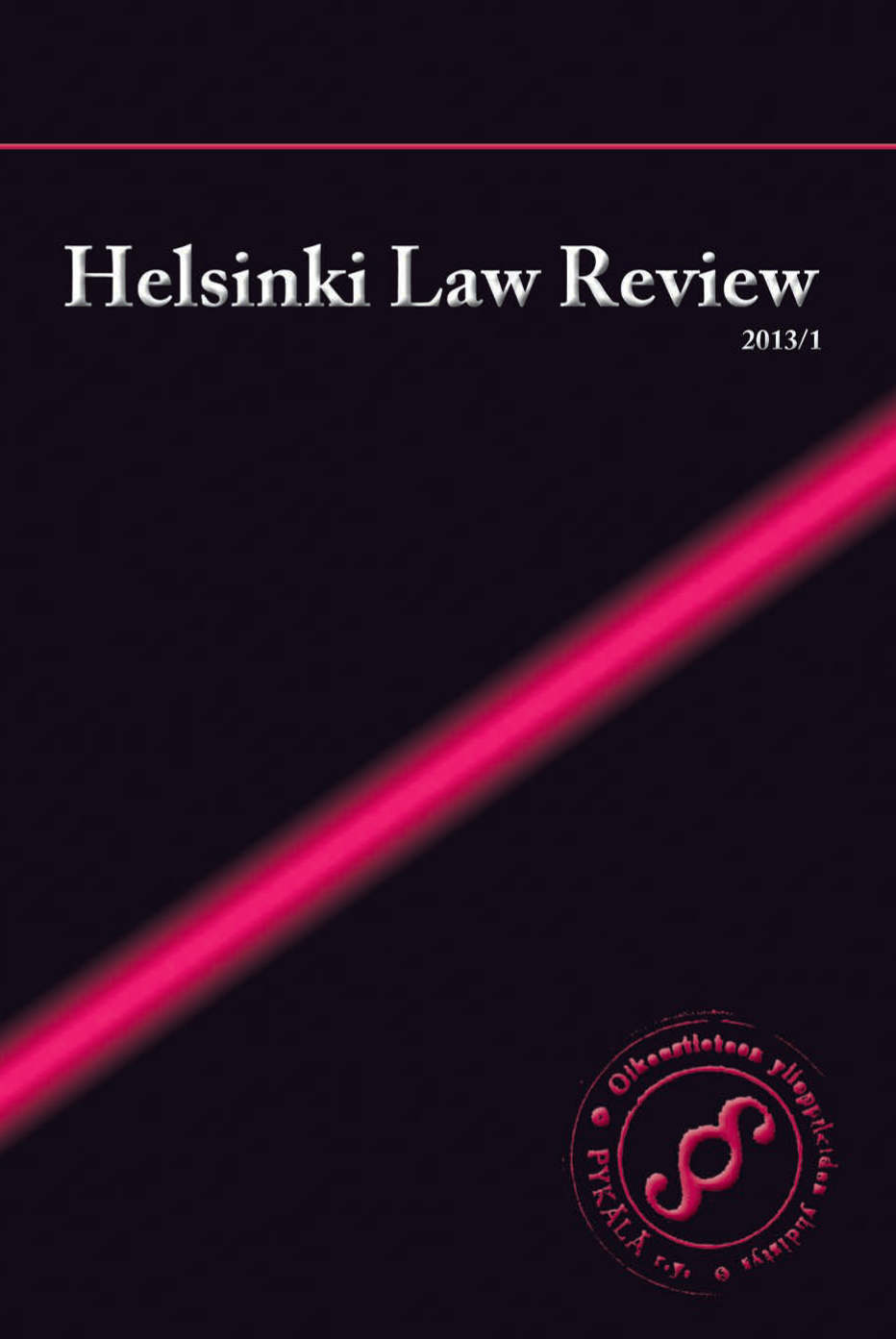Arbitrator Assignments of a Judge with Regard to Independence and Impartiality
Keywords:
judge, independence, impartiality bias, arbitration, secondary occupationAbstract
Arbitration has a long history in Finland, and traditionally judges have also worked as arbitrators. The role of an arbitrator is a natural one for a judge, but conversely, the impartiality and independence required of a judge limit the permissibility of secondary occupations. This article discusses broadly the following questions: how can a judge’s arbitrator assignments affect his or her independence and impartiality, and how can society regulate this?
The article concludes that arbitrator assignments can endanger a judge’s independence and impartiality in a number of ways. The current legislation on judges’ secondary occupations is ineffective in preventing such endangerment, both in theory and in practice. A ban on judges’ arbitrator assignments is, however, held to be excessive and unnecessary. To resolve the problem, a number of de lege ferenda as well as soft law changes are proposed. To emphasise and illustrate the point of the article, the article also presents different scenarios wherein a judge can be considered biased due to earlier arbitration assignments.


